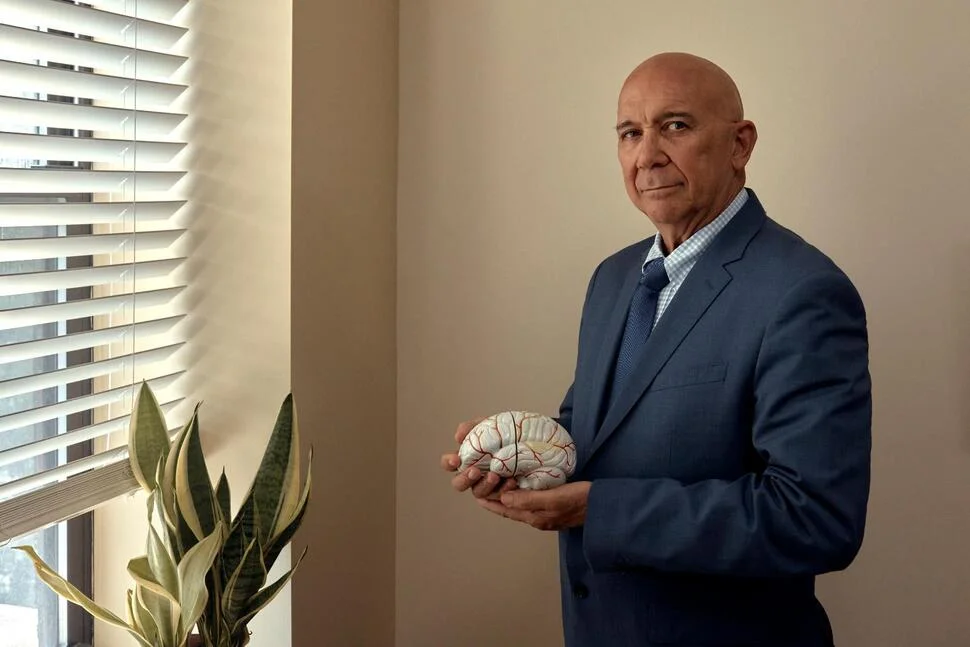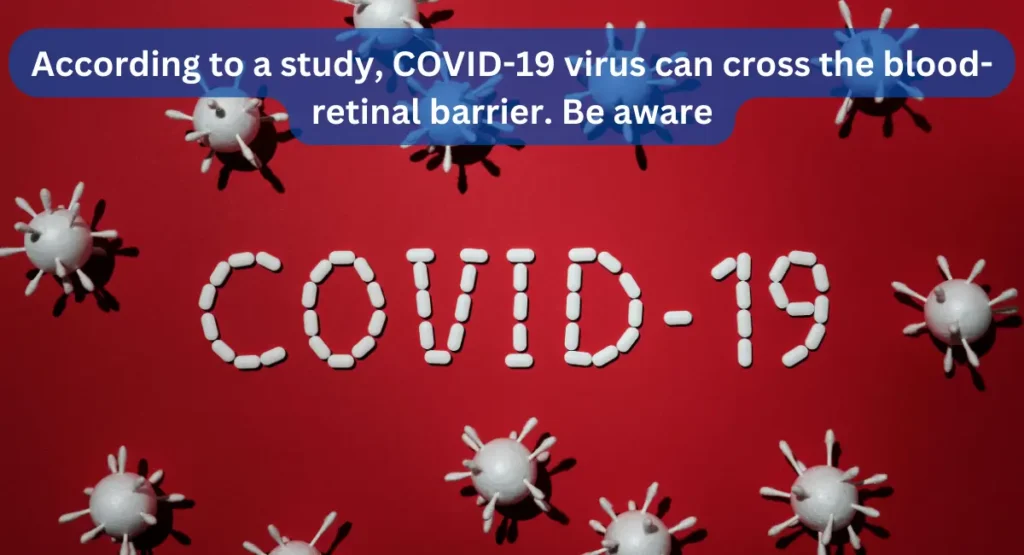
In a positive development for mental healthcare, mental health clinics across the United States are making significant efforts to address the language and access barriers faced by the Latino community. This move aims to ensure that individuals from the Latino community can receive the support and care they need to address their mental health concerns.
The Latino community in the US has long faced challenges in accessing mental health services due to various factors, including language barriers, cultural stigmas, and lack of awareness about available resources. However, mental health clinics are recognizing the need to bridge these gaps and provide inclusive and culturally sensitive care.
One important step taken by these clinics is the recruitment and training of bilingual mental health professionals who can effectively communicate with and understand the unique needs of Latino individuals. These professionals play a crucial role in creating a safe and supportive environment where individuals can freely express their concerns in their preferred language.
Additionally, mental health clinics are implementing translation services in their practices, such as employing professional interpreters or utilizing language interpretation technologies. This ensures that language barriers do not hinder effective communication between healthcare providers and patients. By offering services in Spanish and other commonly spoken languages within the Latino community, clinics are making mental healthcare more accessible and welcoming.
Moreover, mental health clinics are actively engaging with the Latino community through outreach programs and partnerships with community organizations. These initiatives aim to raise awareness about mental health, reduce stigma, and educate individuals about available resources and support systems. By fostering a sense of trust and understanding, clinics are breaking down barriers that prevent individuals from seeking help.
The importance of culturally competent care is also being emphasized by mental health clinics. This means that healthcare providers are trained to understand and respect the cultural backgrounds, beliefs, and values of their Latino patients. By incorporating cultural sensitivity into treatment plans, clinics are ensuring that individuals receive care that aligns with their unique cultural perspectives.
This comprehensive approach to bridging language and access barriers is yielding positive results. More individuals from the Latino community are seeking mental health support, and the stigma surrounding mental health is gradually diminishing. By addressing these barriers, mental health clinics are playing a vital role in improving the overall mental well-being of the Latino community.
It is crucial to acknowledge that there is still work to be done to fully eliminate these barriers and achieve equitable access to mental healthcare for all. However, the efforts made by mental health clinics across the US demonstrate a commitment to inclusivity and a recognition of the importance of providing culturally responsive care.
- Zika Virus Infection: Symptoms, Risks & Prevention
- Hope for diabetics! AI could detect type 2 diabetes a decade earlier
- Unraveling a New Genetic Disorder: Implications for Global Healthcare
- Human Papillomavirus Infection: Understanding HPV and Its Impact on Health
- Top 10 Vitamin C Foods for Youthful Skin & Collagen Support


